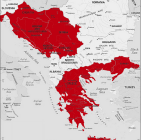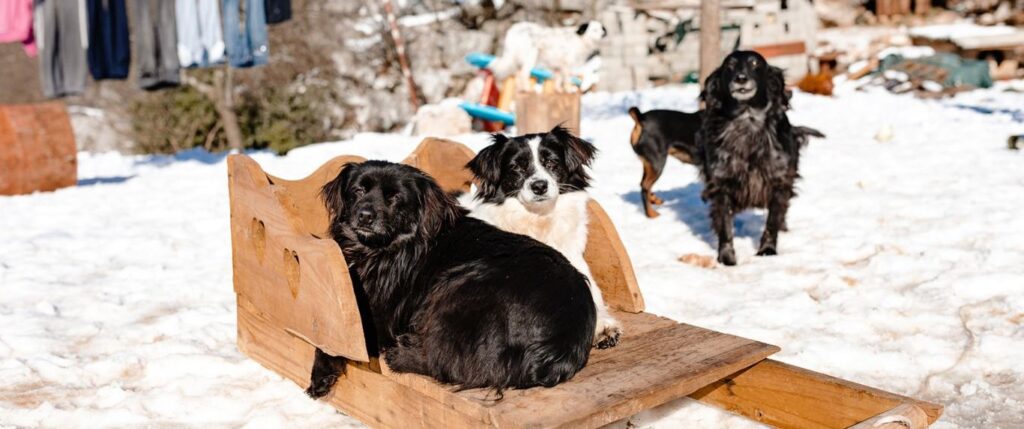
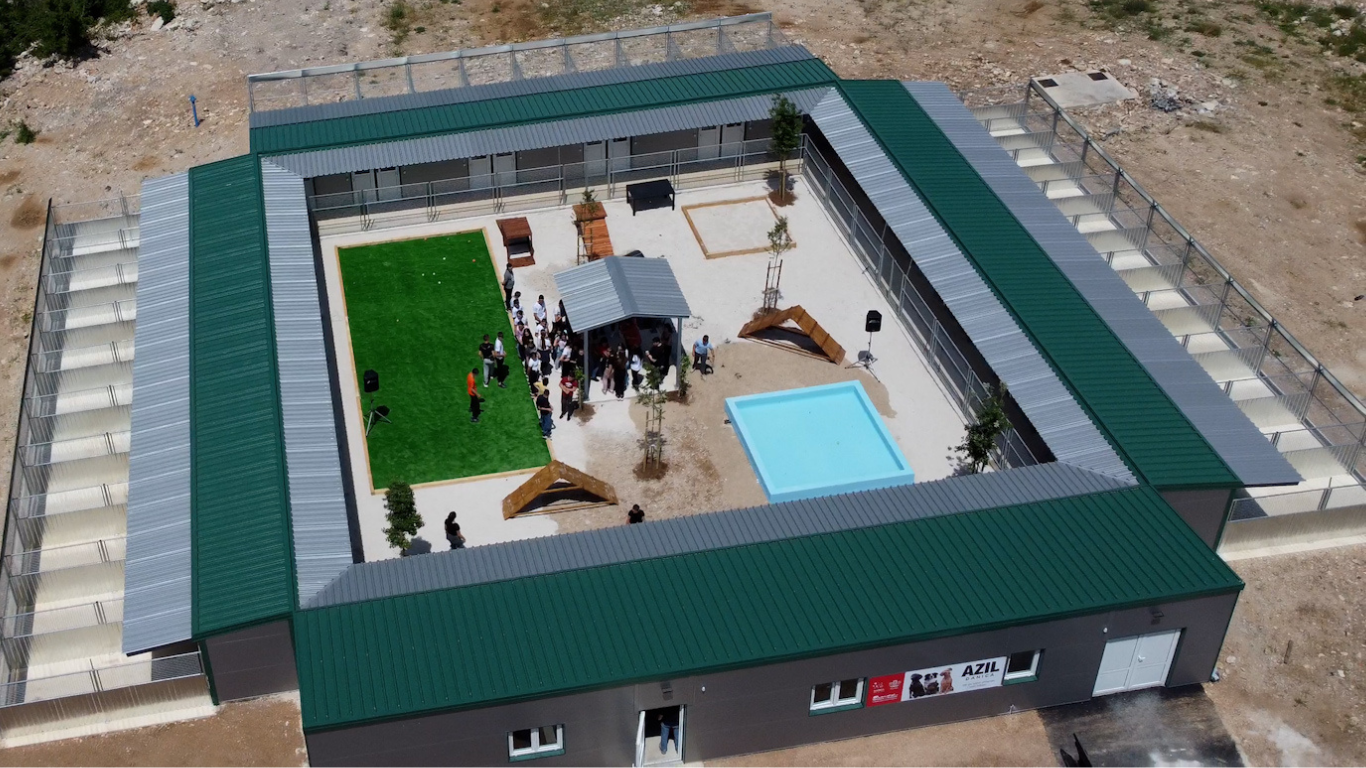
Azil Danica, the new shelter, almost entirely funded by NFA, was opened in May 2023
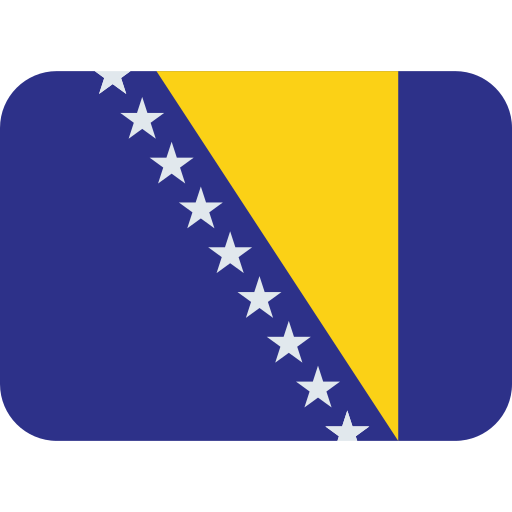
Herzegovina
In Trebinje, a small city in south Bosnia and Herzegovina, abandoned dogs lived in a decrepit, dangerous and unhygienic shelter, perched on a rubbish dump where garbage was burned daily. We knew we had to help. Working with the local municipality for two years, we constructed a state-of-the-art shelter, leading the way for a new approach to dealing with abandoned dogs in the region.
The new shelter (Azil Danica), entirely funded by NFA, was opened in May 2023, and we immediately relocated all 78 dogs to their new home. Each dog received a full health assessment, tests for common diseases, vaccine boosters as needed and a passport. The dogs love running in the large central playground and playing in the doggie paddling pool at the new shelter.
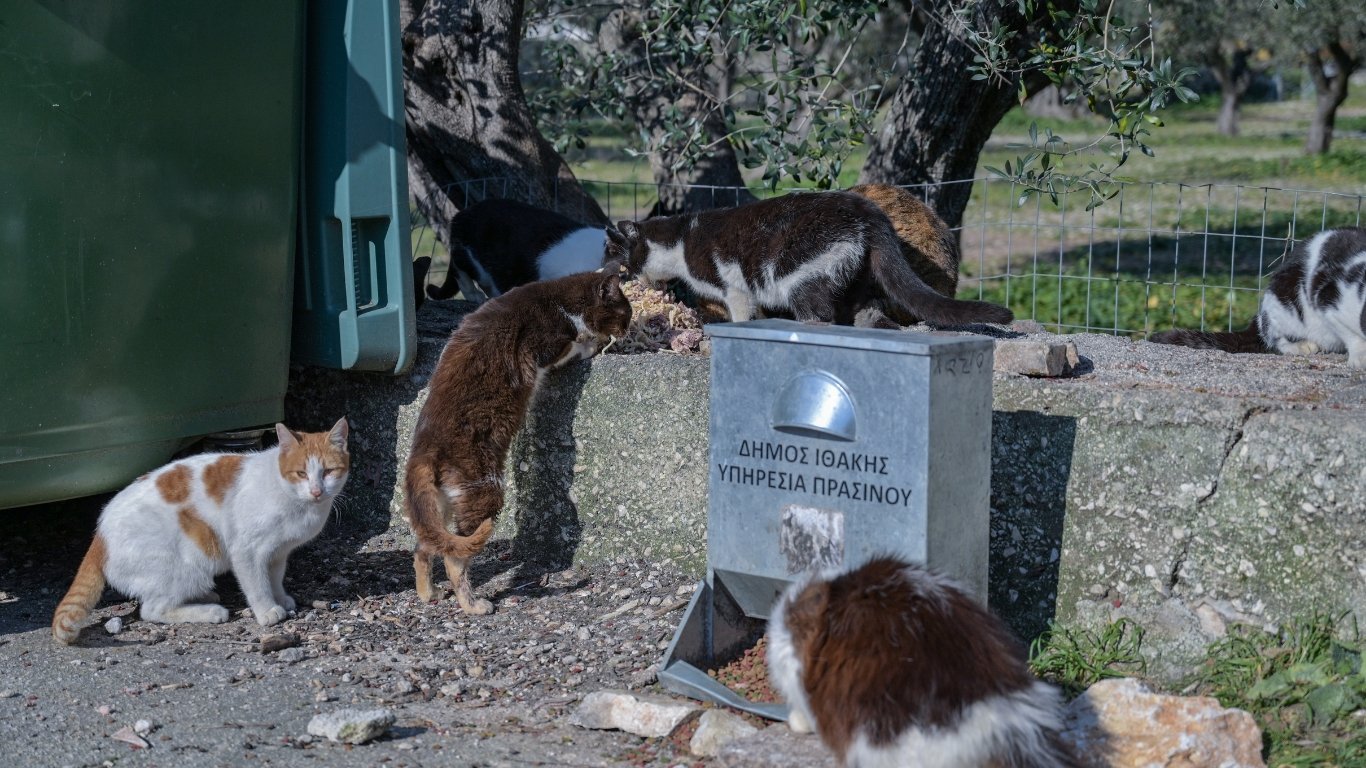
Network for Animals runs a long-term trap-neuter-return (TNR) program and provides food for the street cats on the islands of Ithaca and Kefalonia. Credit:NFA/Lisa-Mari Spenc
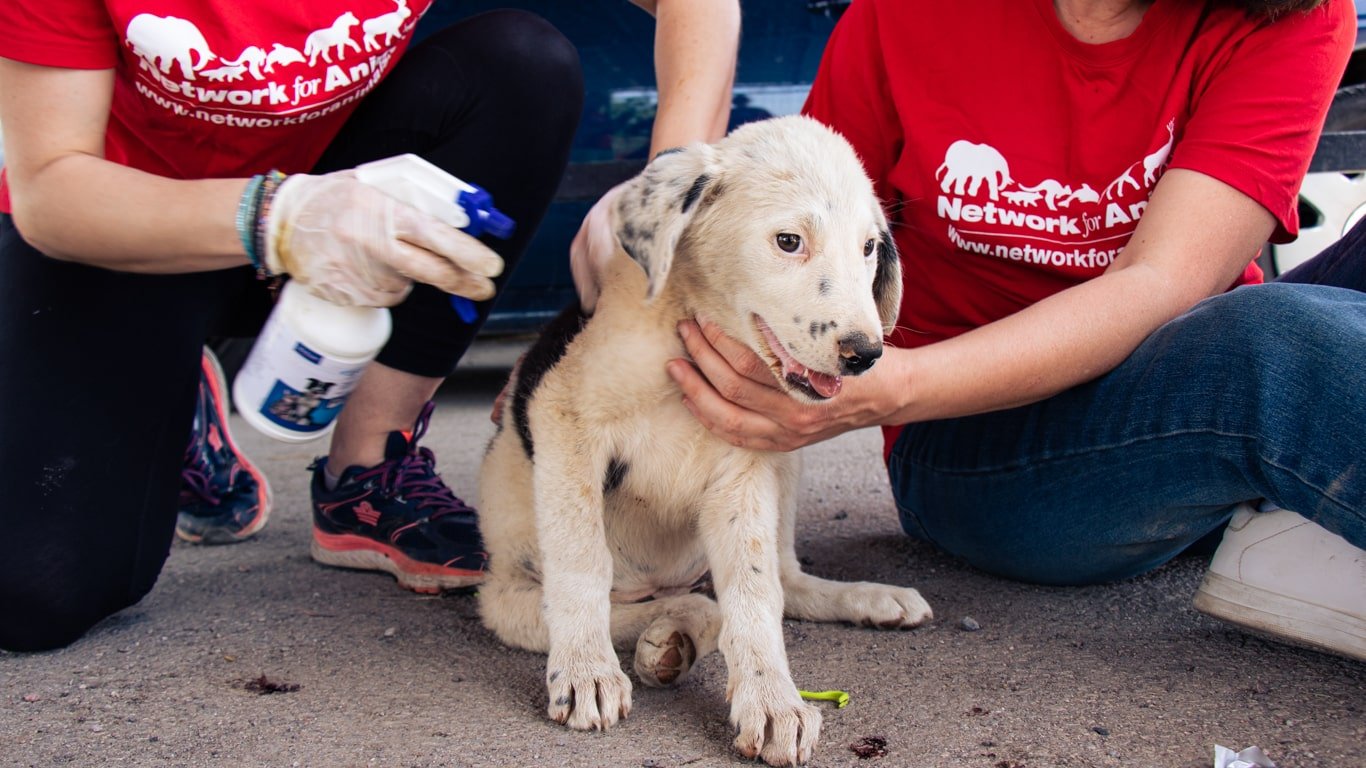
Athenians dump their unwanted pets in the semi-rural area of Aspropyrgos. Together with Ghost Dogs of Aspropyrgos, Network for Animals helps feed and care for them.
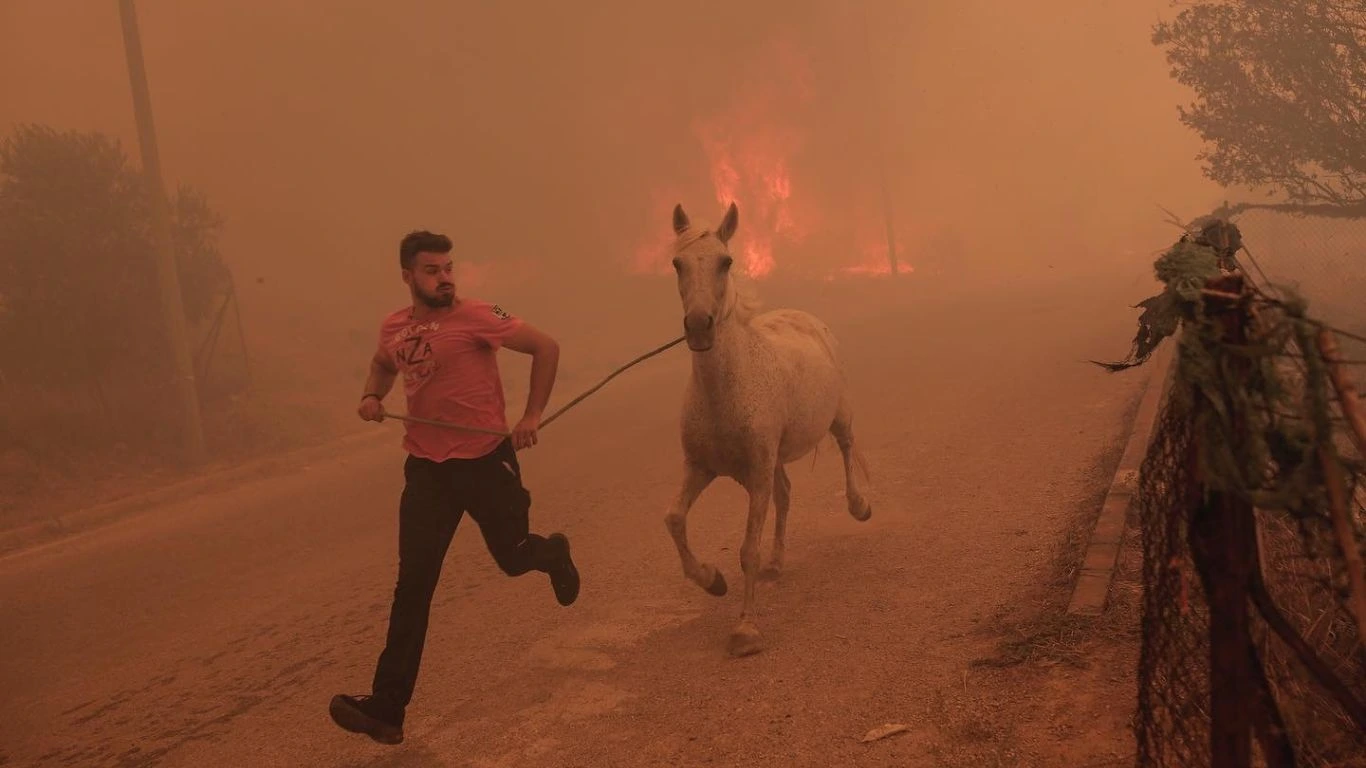
NFA teams frantically evacuated and saved animals as 355 new wildfires burnt out of control.
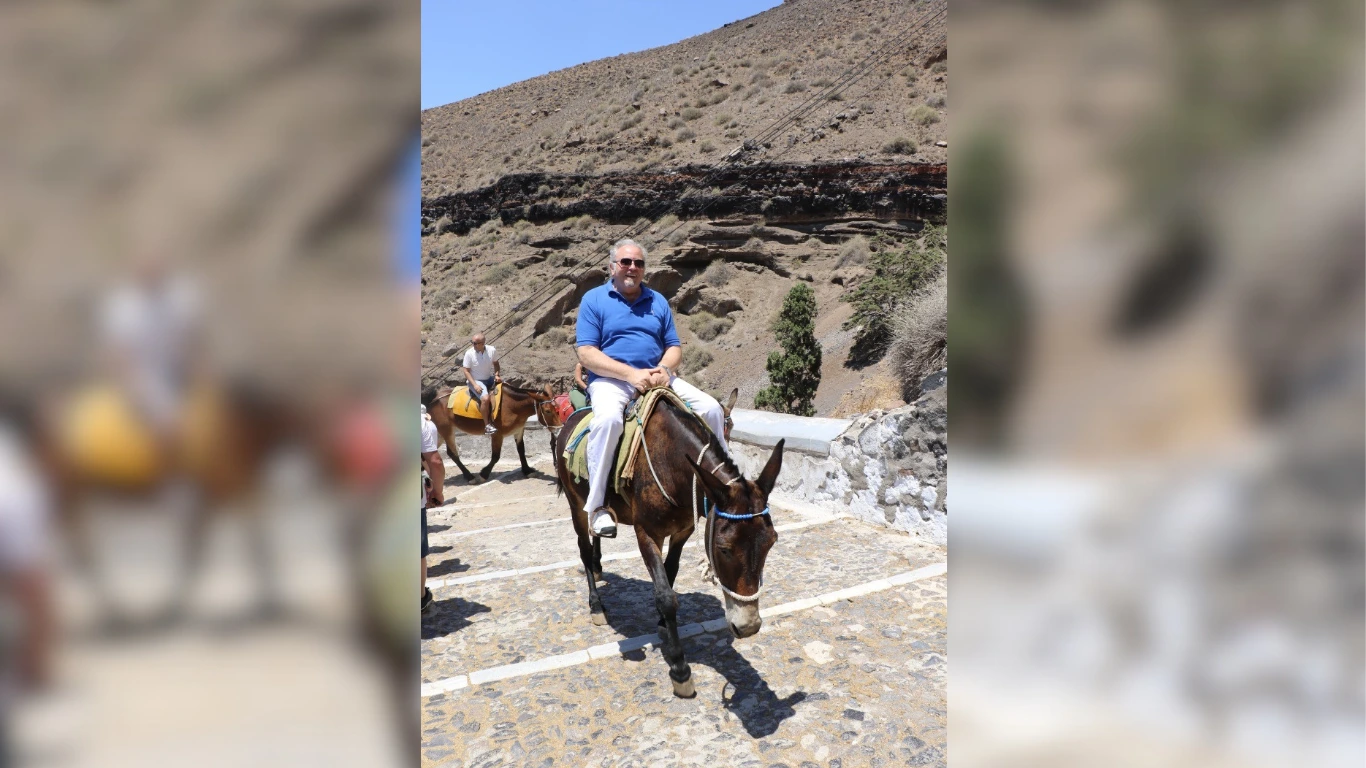

Greece
Cats of Kefalonia
In summer, life is easy for Greek street cats because tourists and restaurant owners feed them. Winter is always a much sadder story, as street cats see their food supplies vanish along with the tourists. The situation on the Greek islands is particularly severe because very few people spend winters there. Network for Animals funds spay and neuter programs and provides food and emergency medical care for 500 street cats in 15 small mountain villages.
In July of 2024, we were alerted to another pressing crisis for street cats on the island of Kefalonia. Parasites were tearing through the population, causing immense suffering. We knew that when winter struck, infected cats and kittens would likely die, so we leapt into action.
Ghost Dogs of Aspropyrgos
There are more than a million street dogs in Greece, many of them abandoned pets. Aspropyrgos, a huge, semi-rural area near the city of Athens, is a dumping ground for unwanted animals. After being dumped there, the dogs face deprivation, starvation and the chilling prospect of being captured and used for illegal dog fighting, which is prevalent in the area’s numerous Roma (gypsy) camps.
The dogs are so afraid that they become “ghost dogs,” so called because when our team arrives to feed them, they appear, eat and then disappear into their hiding places like ghosts.
Soon after wildfires ripped through Greece, the deadliest Mediterranean cyclone in recorded history made landfall, destroying homes and dumping months’ worth of rain on already saturated and submerged areas. As people fled the floods, terrified animals were left to drown.
We sprang into action and together with our partner, Greek Animal Rescue (GAR), were able to rush critically needed funding for food, shelter, blankets and veterinary care. We also also supported the rescue and evacuation of hundreds of animals who would have otherwise drowned in the disaster.
During times of crisis, animals are often the forgotten victims, left behind or abandoned as rescue teams fight to save human lives. We will always strive to be on the ground when disaster strikes, dedicating our efforts to saving every animal life we can.
On the Greek island of Santorini, our team uncovered the harsh conditions that donkeys and mules endure during summer tourist seasons. Day after day, the animals are forced to carry tourists up and down a steep 1,300-foot (400-meter) cliff, often working in intense heat with no access to shade, food, or water.
This is because, in an attempt to keep the path clean, donkey owners avoid feeding the animals during work hours, fearing they would soil the trail.
Our investigation revealed disturbing conditions: donkeys with untreated wounds, restrictive wire muzzles to prevent them from eating, and little to no enforcement of regulations meant to protect them. In 2018, local authorities pledged to install water troughs along the path, but then did nothing. When we returned in 2019 to document the situation, our team faced hostility from donkey and mule owners, while police refused to intervene.
Through advocacy and collaboration with local organizations, we launched a campaign that has led to real improvements. Many cruise ships docking in Santorini now have large posters warning passengers to use a readily available cable car instead of donkeys to ascend the cliff.
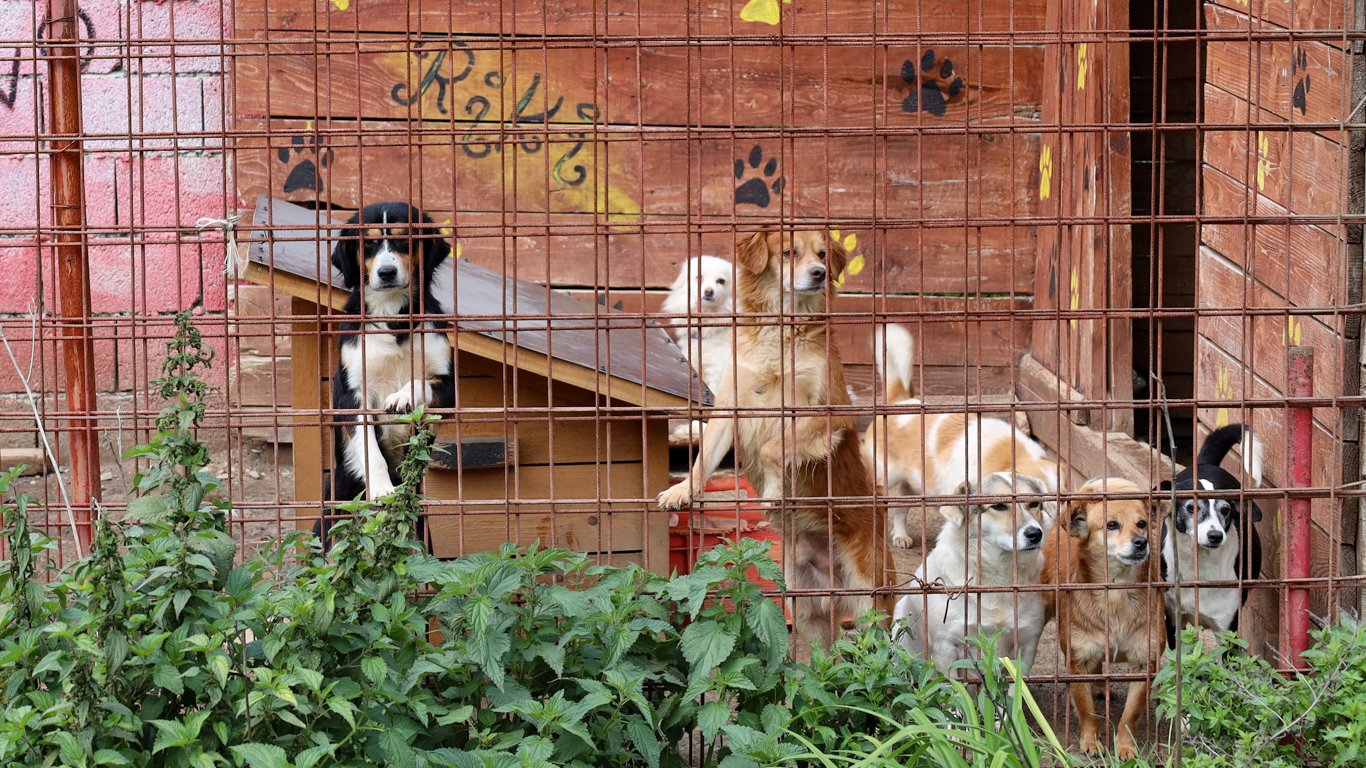
NFA supports the Riki’s Shelter in Montenegro.
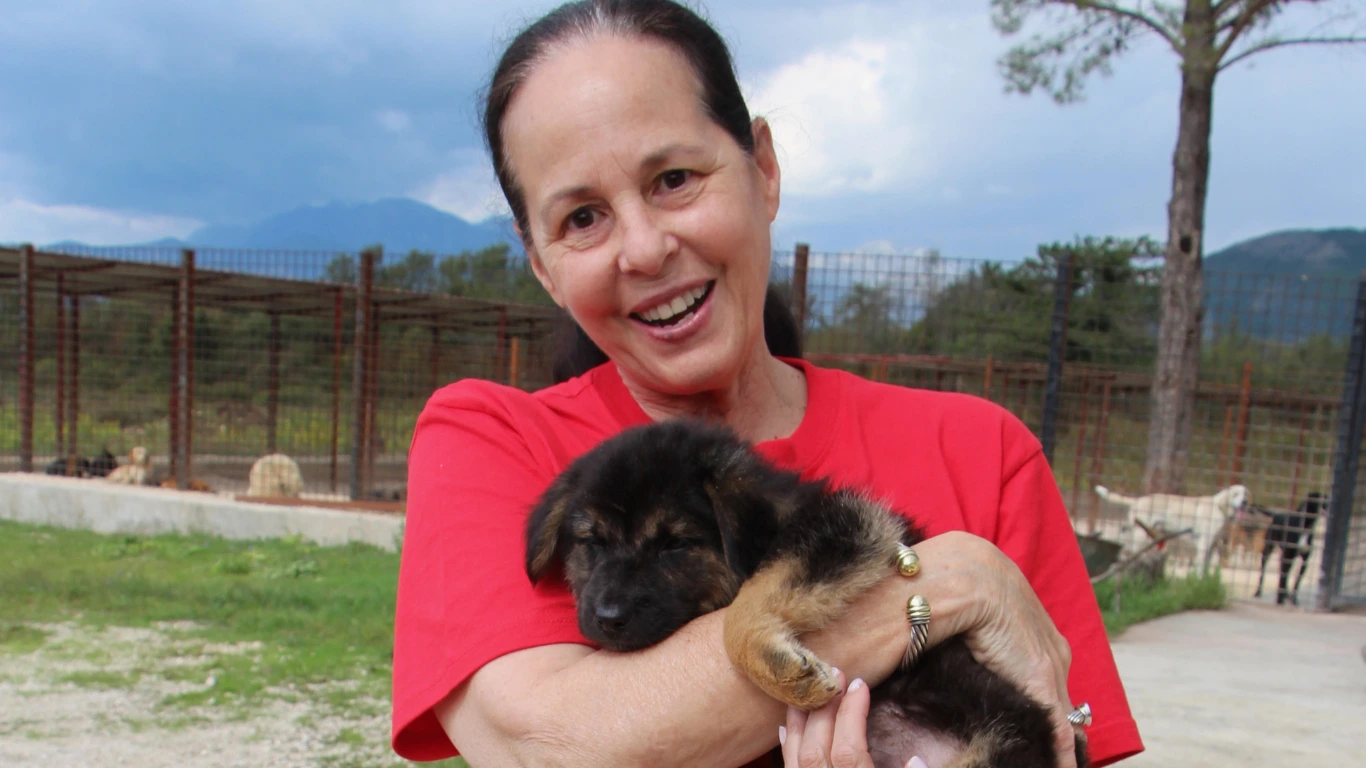
Network for Animals co-founder Gloria Davies on the ground at Riki’s Shelter, Kolasin.
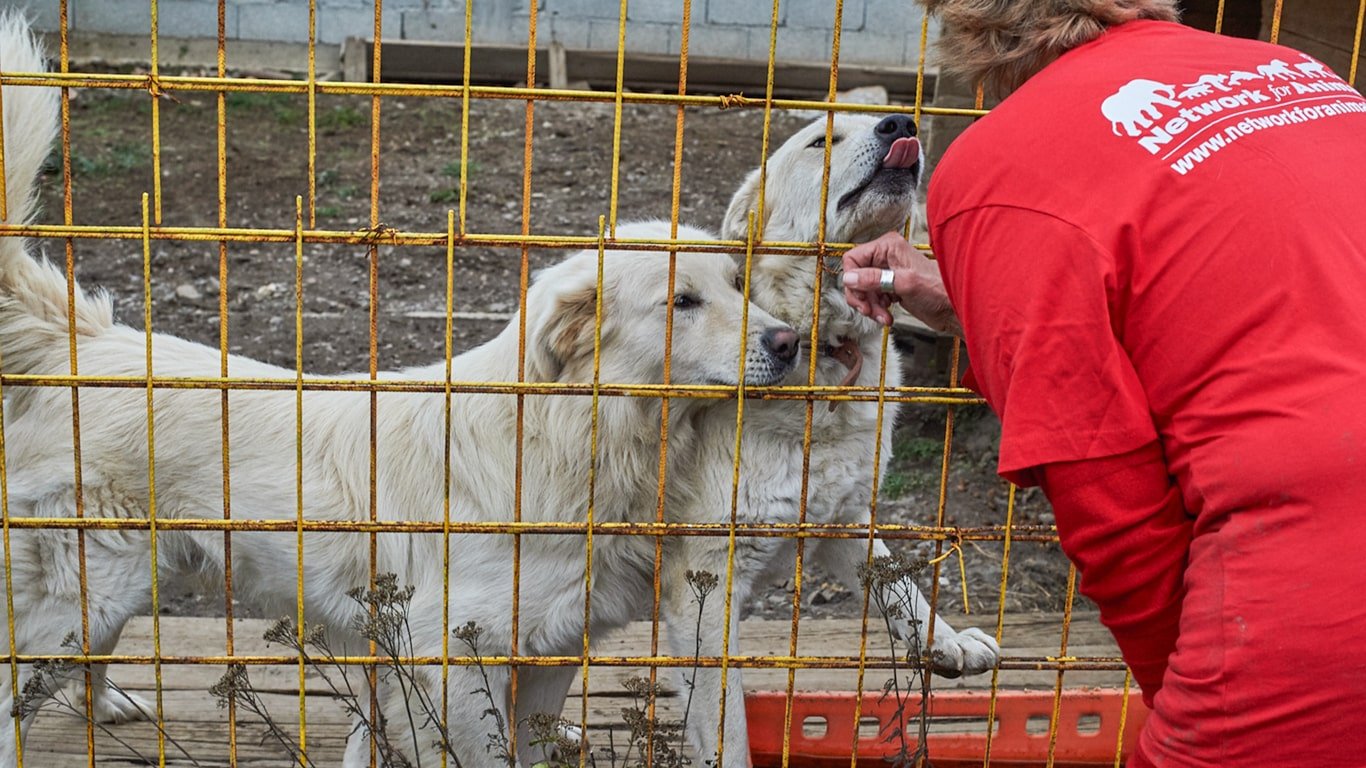
A Network for Animals team member gives attention to two dogs at the Riki’s Shelter we support in Montenegro.
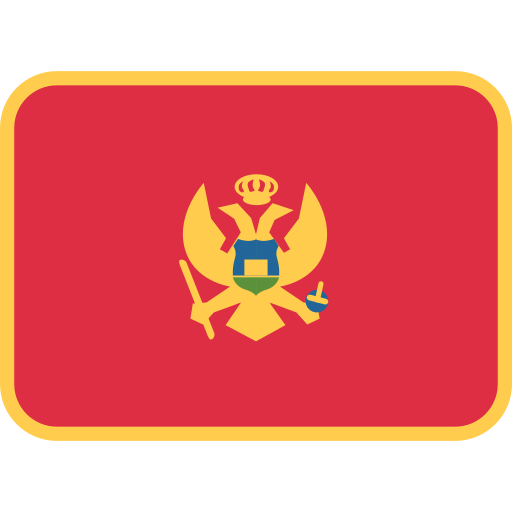
Montenegro
We support several projects in Montenegro, a small Balkan country that only became independent in 2006 following the breakup of Yugoslavia and the subsequent civil war. The country is still in a period of socio-economic transition, and animal welfare and associated reforms remain low priorities in the country. We have had some success encouraging the government to improve the laws and some positive measures were passed in late 2023. The projects that we support fall under the following broad categories:
Animal welfare legal reforms and awareness raising
NFA funds the Association for the Promotion of Coexistence, Korina, empowering it to run a legal advocacy project to lobby for change. Its tireless work has led to the revision of the Criminal Code, strengthening animal welfare clauses and imposing severe punishments for animal abuse.
With our support, Korina undertook the first pet dog census in Montenegro. As part of this project, the team microchipped 1,436 dogs, vaccinated 1,146 against rabies, instigated several cases and investigations against owners suspected of animal cruelty, and educated pet owners on essential animal welfare.
The team also puts pressure on municipal authorities to develop sustainable solutions to the problem of dog overpopulation and the abandonment of street dogs, both major problems in Montenegro.
In Montenegro, municipal shelters are often underfunded, providing inadequate conditions for the animals in their care.
As such, a few dedicated individuals have taken it upon themselves to rescue the nation’s abandoned animals, pouring their own hard-earned funds into saving lives. We support as many of these private shelters as we can, providing funds for essentials such as food, medical care, kennels and fencing.
Leishmaniasis is a deadly disease which affects around 70% of the region’s street dog population. This horrific insect-borne disease can cause skin lesions, weight loss, vomiting, diarrhea and a prolonged, painful death. In June 2024, we funded crucial leishmaniasis treatments to scores of dogs in need, saving them from terrible suffering and death.
Riki’s Shelter in Kolasin, single-handedly run by cancer survivor Danijela Vuksanovic, cares for 110 rescued street dogs. We regularly provide crucial funds for food, and have funded heavily insulated kennels to protect the animals from the bitter winter snow and cold.

